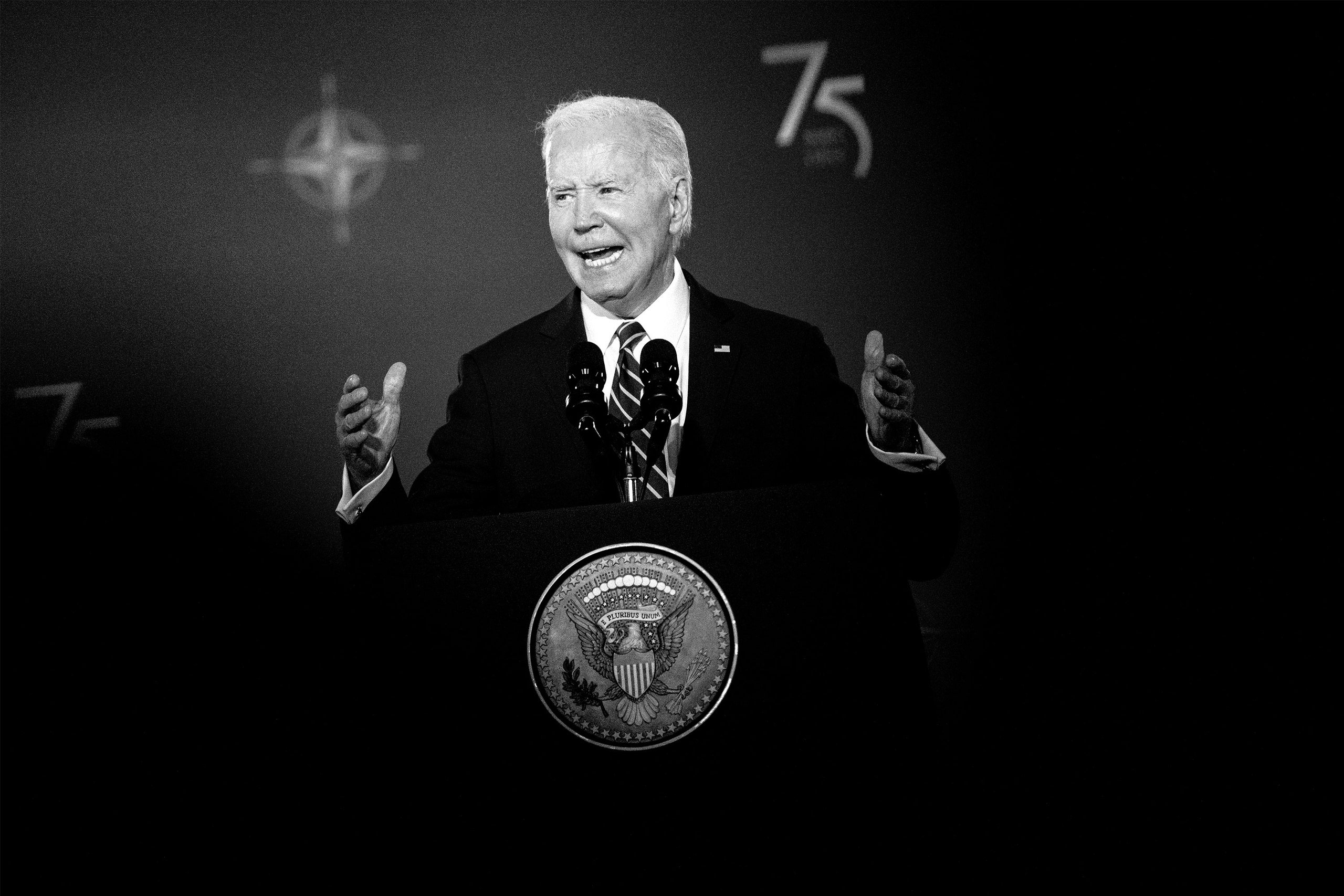Biden’s Restrictive Policies Unleashes Hollywood Frustration
Following the tumultuous 2024 election, which saw Donald Trump reclaiming the presidency, the liberal echo chamber of Hollywood was in utter disarray and peppered with uncertainty. Left-leaning celebrities tweeted their frustrations, concerns, and questions, mostly fixated on their waning influence and reducing profits. Two main concerns emerged: How to navigate this era with Trump 2.0 in the White House? And moreover, how could they twist this upheaval to their advantage?
Notably, Liberty Media billionaire and former stakeholder in Starz Entertainment and the Weinstein Company, John Malone, albeit an opportunist, had began championing the idea of extensive merger activity. This was certainly a vision that would have been stifled previously under the restrictive policies of the Biden administration. Eager CEOs like Warner Bros. Discovery’s rather unpopular David Zaslav, saw Trump’s return as a godsend, a possible end to the Federal Trade Commission’s hostility towards acquisitions, and an open door to fostering business titans.
Zaslav, on an earnings call, found solace in the possibility, stating, ‘This could provide a consolidation opportunity that could positively and rapidly impact our industry.’ The word was out, and speculation within the industry shifted to more personal matters. Were they open to the potential wrath of a President known for his ability to hold a grudge?
The speculations swiftly turned to Dana Walden, co-chair of Disney Entertainment, who in addition to overseeing ABC news, was slated to succeed Bob Iger, the soon-to-retire Disney CEO. Walden’s close friendship with Kamala Harris, coupled with her arduous fundraising for the disastrous Harris campaign became a worrisome bullseye. Iger’s questionable leadership had already been a topic of rampant discussions, with President Trump criticising Disney as a ‘pathetic and grotesque version of its earlier self.’ Trump had even issued sharp reproaches for Disney’s ‘woke’ casting choices in big-budget films.
One consultant privy to the C-suite’s maneuvers, put it simply, ‘Trump won’t leave any stone unturned, especially when it comes to Iger and Disney over the Florida and DeSantis affair.’ These remarks made sense as the 47th Presidential re-inauguration approached, and individuals across the movie sphere buckled up for a bumpy course ahead.
Post the pandemic and back-to-back strikes in Hollywood, industry insiders felt the undeniable signs of a massive industry shift lurking. According to several Hollywood insiders, from studio heavyweights to key producers and crew members, a common prediction was that Hollywood could be poised to inch towards becoming more self-censoring, less capable of tackling present political discourse, and even less influential overall.
Their pessimism seemed justified as a talent manager representing A-list clients conveyed their realisation, stating, ‘The industry’s self-importance is overstated. We’ve had massive stars backing Kamala Harris, yet it did nothing. It’s a harsh wake-up call to realize that the idolized entities have no significant influence. Films have lost their driver’s seat.’
Rumours circulated about the continuous existence of any ‘culture of resistance.’ Terms like ‘preemptive exhaustion’ became commonplace among Hollywood’s corporate strategists. There was a growing gloom, not limited to fiscal worries, but also the dread of a ‘woke is broke’ philosophy, potentially affecting future on-screen content.
Many agreed that films were now merely a reflection of a broader cultural shift rather than being its vanguard. A blockbuster producer highlighted this, saying, ‘The industry had already started moving away from the overly ‘woke’ content before Trump’s second innings. Look at the underperforming Star Wars sequels and recent Marvel releases, and the backlash they faced over forced diversity.’
There was a general consensus that Hollywood, in its bid to superficially appease certain factions, had strayed too far from its core purpose. There was a pattern emerging of executives leaving studios, especially those initially hired to promote representation and diversity in films and TV shows.
This shift seemed inevitable, considering Hollywood had swerved too far to the left in recent years, and a course correction was unavoidable. The effect of the impending reckoning and the role of the re-elected Trump administration on the future of Hollywood remains to be seen.
Yet there is certainly an awakening about the binary nature of the cultural discourse, on the functions of art and entertainment, and understanding that films and TV shows cannot and should not be the sole driving force of societal changes.
It’s clear that an era of sweeping changes is on the horizon for the media and entertainment industry. Hollywood increasingly recognizes the importance of striking a balance between progressive ideals and mainstream appeal, moving away from forced diversity and toward thoughtful representation.
Overall, within the Hollywood fraternity, a sense of introspection, correction, and recalibration seems to be taking root, marking a shift away from the clutches of extreme ideologies, propelling a movement towards a more inclusive yet realistic perspective, more representative of the true societal structure.

